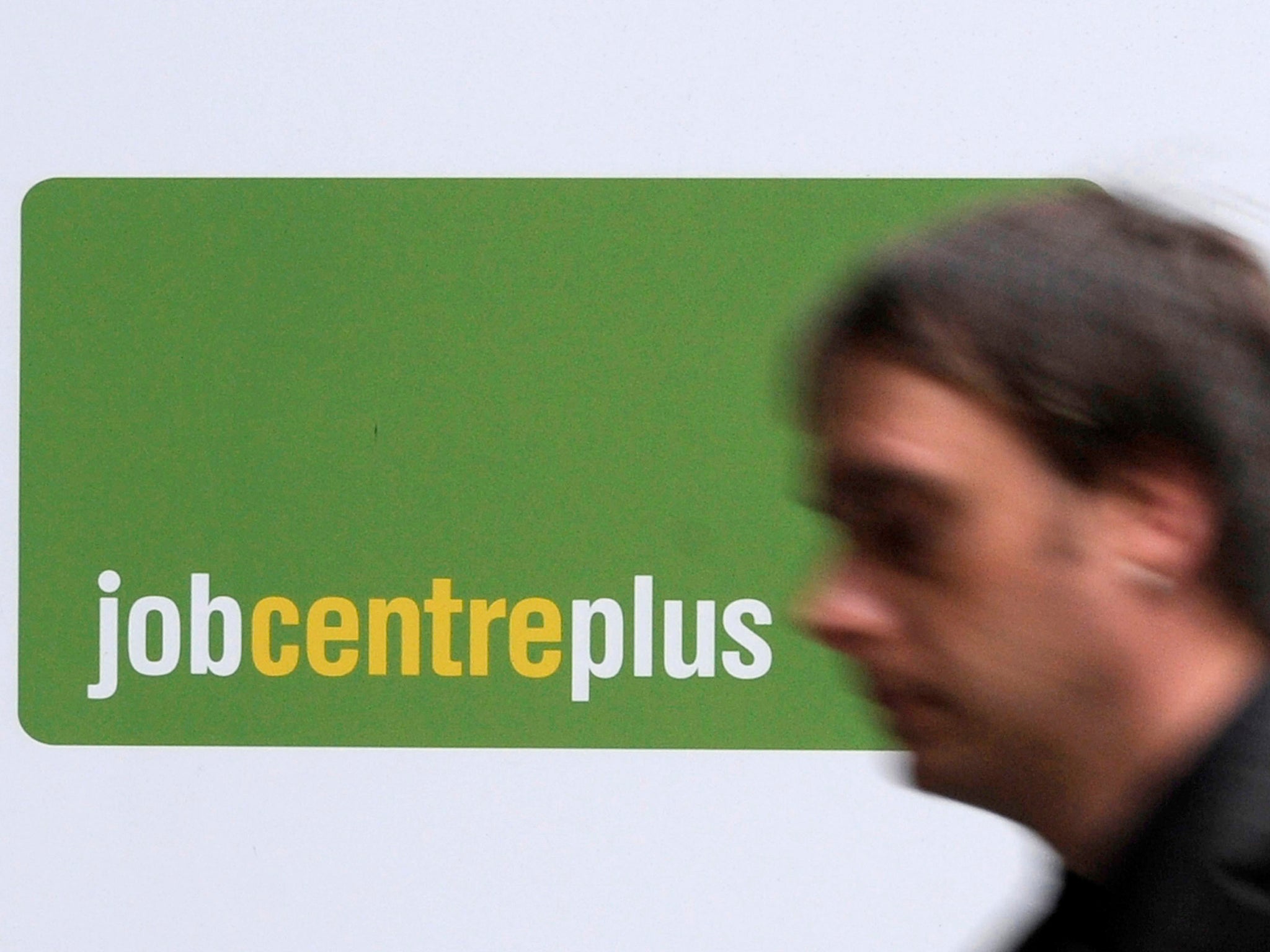Unemployment down again but robust labour market masks Britain's soft financial underbelly
Insolvency trade body R3 found a substantial number of Britons lack the financial resilience to cope with a downturn

Despite the government’s best efforts, the economy is still growing and the labour market statistics have remained robust.
The latest official ones reveal that unemployment fell by 119,000 to 1.3m between January and March, while weekly wages (excluding bonuses) increased by 3.3 per cent, comfortably ahead of the 1.9 per cent rate of inflation.
But what if those balmy numbers were to take a turn for the worse?
That’s a question worth posing at a time when ministers seem bent on outdoing each other to win the prize for who can come up with the most damaging Brexit outcome in an attempt to woo the Conservative Party’s grumpy, entitled, and ageing membership, which will choose our next Prime Minister for us.
If they get their way and tip us off a cliff things could get very nasty for millions of Britons. I’m talking here about those who don’t benefit from the copper bottomed pensions and comfortable bank balances Tory members have traditionally enjoyed.
Research from R3, the insolvency trade body, makes that very clear.
A survey by ComRes that it commissioned found that despite improving wages and the balmy labour market, three in ten (28 per cent) of the 2004 British adults who responded ran a ‘deficit budget’ in the past month by spending more than they received in income.
Nearly a quarter (22 per cent) also said they do not have any savings.
Now a one off deficit isn’t a big problem. But the official data shows that for too many people running a household deficit is anything but a one off. In fact, the combined spending of Britons outstripped their overall income for nine consecutive quarters between October 2016 and December 2018.
In 2017, Britons on average spent £900 more than they took in. The same figure for 2018 isn’t out yet, but those quarterly numbers show that we should expect a similar outcome.
Mark Sands, chair of the personal insolvency committee at R3, says this shows that “all is not well, despite record levels of employment”.
Indeed it is not. His organisation’s research clearly demonstrates that there is a soft underbelly of Britons with a glaring lack financial resilience despite near full employment. These people tend to be younger, and poorer, and they typically rent rather than own their own homes.
The consequences for them should the economy and unemployment head south could be dire
A sensible government would take note of that and proceed with great caution, while focussing on ways to give them a leg up so they are better able to withstand an economic shock, or just the sort of everyday nasty that hits all of us at some point in our lives.
Regrettably, a sensible government is not something we are currently blessed with. To the contrary.
Join our commenting forum
Join thought-provoking conversations, follow other Independent readers and see their replies
Comments
Bookmark popover
Removed from bookmarks